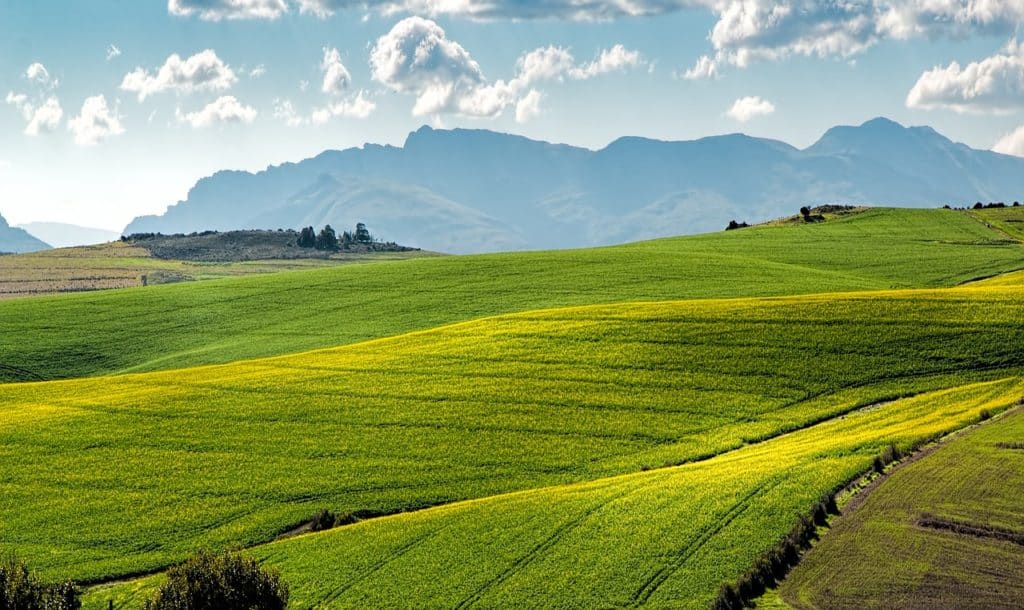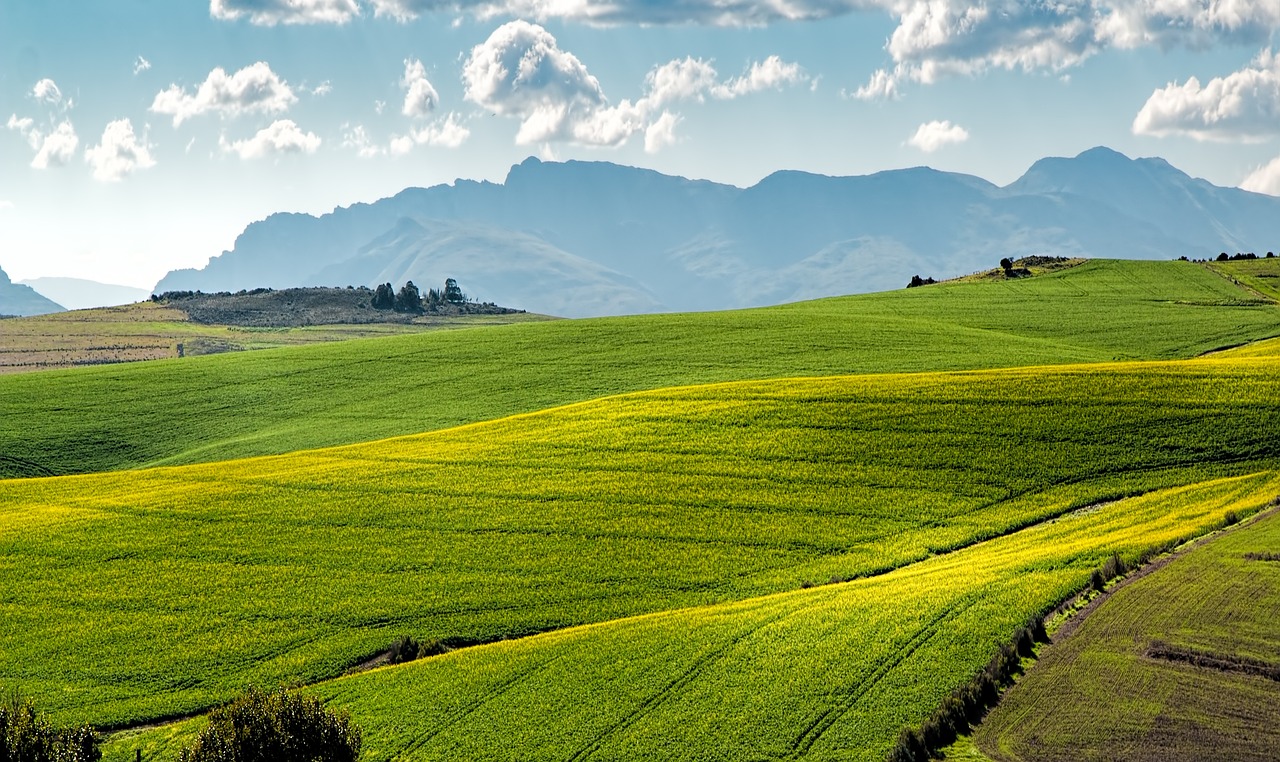For centuries, our agricultural practices have been primarily focused on maximizing yield, often at the expense of soil health and environmental sustainability. Modern-day agricultural techniques have become increasingly intensive, heavily relying on synthetic fertilizers, pesticides, and monoculture crops. Unfortunately, this has led to soil depletion, water contamination, and greenhouse gas emissions, all of which threaten the resources we depend on to produce food. However, a solution has been gaining momentum in recent years: composting. John Gessin will explore the role of compost in sustainable farming and carbon farming and how it can help us harness the power of crop and soil nutrients.

What Is Compost, And How Does It Work?
Compost is a nutrient-rich organic matter made up of decomposed organic material, such as food waste, grass clippings, leaves, and other plant materials. It is created through a natural decomposition process, where microorganisms break down the material into a stable, soil-like substance.
Compost is an excellent source of nutrients for plants, soils, and microorganisms in the soil. It improves soil structure, water retention, and plant health while reducing the need for synthetic fertilizers and pesticides. Compost is also a natural carbon source, making it an essential element in carbon farming.
The Role Of Compost In Sustainable Farming
Sustainable farming seeks to produce food that preserves the environment, promotes social well-being, and protects public health. Sustainable farming focuses on using natural resources wisely, reducing waste, and minimizing environmental impact. Compost plays a critical role in sustainable farming by providing a natural and renewable source of crop nutrients and reducing the need for synthetic fertilizers and pesticides.
Composting also helps reduce waste by diverting organic waste from landfills, turning it into methane—a potent greenhouse gas. Using compost in sustainable farming can improve soil fertility, reduce erosion, and increase biodiversity, ultimately leading to more resilient ecosystems.
Compost can also help mitigate climate change by sequestering carbon in the soil. When added to the soil, compost provides a food source for microorganisms that convert it into stable organic matter, which becomes part of the soil’s structure. This process helps to increase the amount of carbon stored in the soil, reducing atmospheric CO2 levels and contributing to carbon farming efforts.
The Role Of Compost In Carbon Farming
Carbon farming involves agricultural practices that increase carbon storage in the soil and vegetation. Carbon farming is essential because it helps to mitigate climate change by reducing greenhouse gas emissions, increasing carbon sequestration, and improving soil health.
Composting is a vital component of carbon farming because it reduces greenhouse gas emissions by diverting organic matter from landfills, where it decomposes anaerobically, releasing methane.
When compost is added to the soil, it introduces carbon, which helps to increase soil organic matter and promote microbial activity. This, in turn, improves soil structure, water retention, and overall soil health, leading to more productive farming systems.
Benefits Of Composting
Composting has numerous benefits, including:
Reducing the need for synthetic fertilizers:
Compost is an excellent source of nutrients for crops, reducing the need for synthetic fertilizers.
Reducing greenhouse gas emissions
When organic matter goes to landfills, it decomposes anaerobically, releasing methane, a potent greenhouse gas. Composting diverts organic matter from landfills and reduces methane emissions.
Improving soil health:
Compost provides essential nutrients to the soil, improves soil structure, and promotes microbial activity, which leads to healthier, more productive soils.
Promoting biodiversity:
Compost supports a diverse range of organisms in the soil, including beneficial microorganisms, insects, and worms, leading to more robust and resilient ecosystems.
In addition to these benefits, composting also helps to reduce waste, save money on inputs, and reduce the reliance on non-renewable resources.
Conclusion:
Composting is a powerful tool for sustainable farming and carbon farming. It is a natural, renewable source of nutrients for crops and soil, reduces greenhouse gas emissions, improves soil health, and promotes biodiversity. As we continue to face challenges with our agricultural practices, composting provides a solution that can help us move towards a more sustainable and regenerative agriculture system. By harnessing the power of crops and soil nutrients through composting, we can reduce our impact on the environment and help build a more resilient food system for the future.
